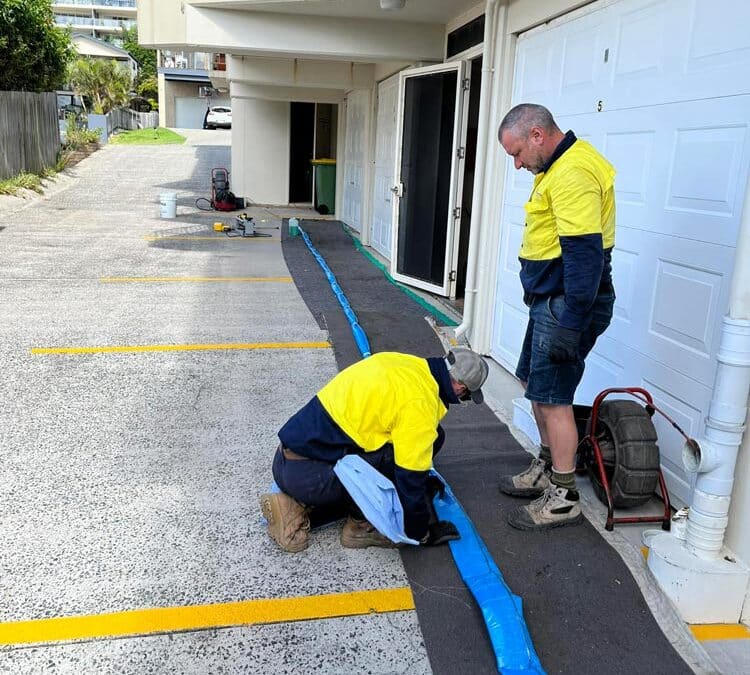When it comes to plumbing, not all jobs are created equal. The needs and demands of a commercial plumbing system can differ from those of a residential one. From the sprawling complexity of large-scale pipe networks in high-rise buildings to the simplicity of your home’s plumbing, understanding these differences is crucial for property owners and managers alike. In this blog, we’ll explore what sets commercial and residential plumbing apart, focusing on aspects like regulatory needs, materials and response times.
Regulatory Requirements and Certifications
Plumbing is governed by regulations and codes that ensure safety, functionality and environmental sustainability. These regulations can vary significantly between residential and commercial plumbing.
Residential Plumbing
- Codes and Standards: For residential plumbing, plumbers must adhere to local building codes that ensure the safe and efficient operation of plumbing systems. These codes cover aspects such as water pressure, pipe materials and drainage.
Commercial Plumbing
- Stringent Requirements: Commercial plumbing requires adherence to more stringent and varied regulations. Plumbers must ensure compliance with health and safety codes, often tailored to specific industries. For example, hospitals require specific plumbing standards to prevent contamination and provide a sterile environment.
- Certifications: Plumbers working on commercial projects often need additional certifications and training to handle the complexities and regulatory demands of these jobs.
Equipment and Materials Used
The tools and materials used in plumbing also differ between residential and commercial projects.
Residential Plumbing
- Standard Tools: Residential plumbers typically use standard tools and materials such as PVC pipes, basic wrenches and standard water heaters.
Commercial Plumbing
- Advanced Equipment: Commercial plumbing often requires more advanced tools and durable materials to handle higher pressure and larger volumes. For instance, high-pressure jetting equipment clears extensive blockages in large-scale systems.
- Durable Materials: Materials such as copper or stainless steel pipes are common in commercial settings due to their durability and ability to withstand high pressures and temperatures.
Service Response Times and Availability
For commercial clients, time is money. A plumbing issue can disrupt business operations and lead to significant financial losses. Therefore, commercial plumbers often offer 24/7 emergency services to mitigate potential impacts on business operations.
In commercial and residential settings, encountering a blocked drain can halt daily operations and comfort. This is why expert blocked drain plumbers are equipped to handle such emergencies swiftly and efficiently.
In contrast, residential plumbing services are typically scheduled, with emergencies handled promptly but within a more standard timeframe.
Connect with Our Commercial Plumbers on the Sunshine Coast
As FlowWise, we understand the unique challenges commercial and residential plumbing presents. We pride ourselves on providing tailored, efficient solutions to meet the specific needs of your projects, whether they are large-scale commercial setups or residential installations. If you’re facing plumbing challenges or planning a new installation, get in touch via our contact page or give us a call to discuss your needs and how we can assist. Don’t let plumbing issues disrupt your day-to-day; let us help you maintain an efficient, reliable plumbing system tailored to your specific requirements.
